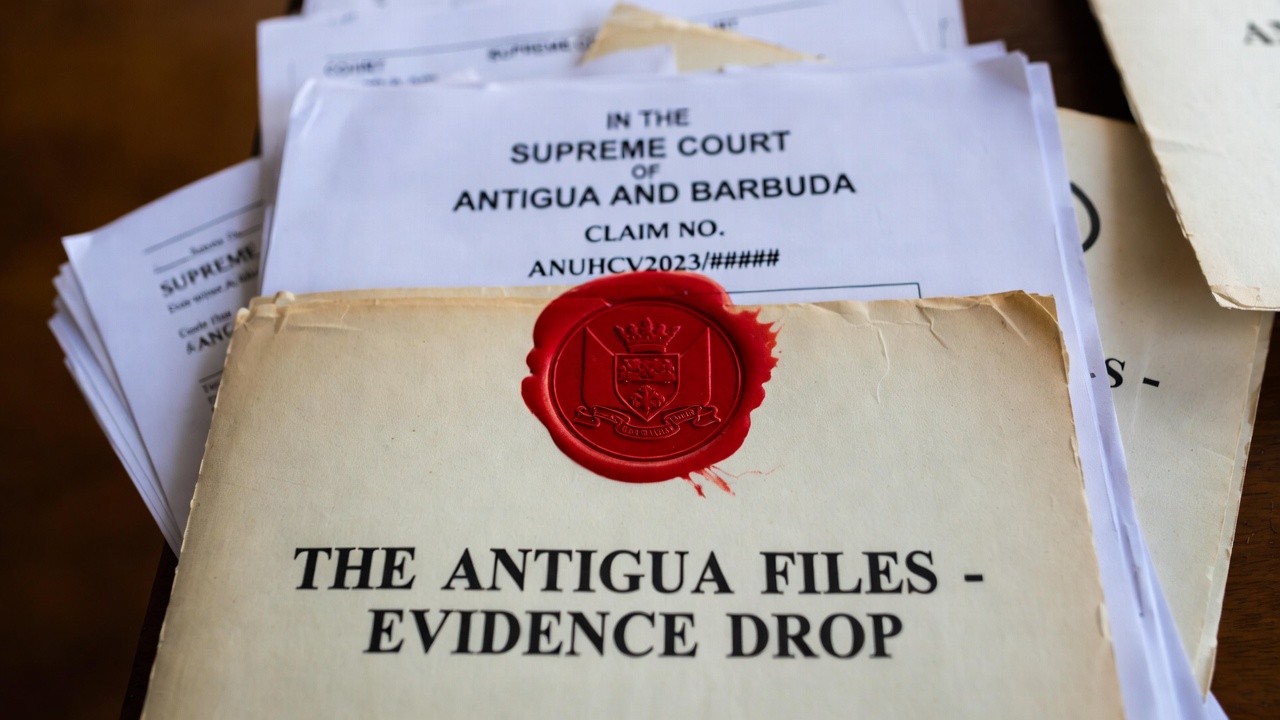Last month, Mattel released the Wicked dolls in anticipation of the movie starring Ariana Grande and Cynthia Erivo. Following the discovery of the error, Mattel expressed deep regret and promptly recalled the products, urging consumers to dispose of the affected packaging. However, Ricketson's lawsuit states that the experience left both her and her daughter "horrified" and caused them significant emotional distress, with her lawyers describing the incident as an "inexcusable error."
The legal complaint accuses Mattel of negligence, marketing products unfit for their intended use, and breaching California consumer protection laws, while seeking $5 million in damages for affected purchasers across the United States. Ricketson asserts that she would have never purchased the doll had she known about the misprint, adding to her and her daughter's distress.
In addition to the monetary compensation, the lawsuit seeks accountability for Mattel's oversight concerning product safety and consumer trust. The premiere of the film adaptation of Wicked occurred on November 22, grossing substantial revenue since its release. Mattel has yet to respond beyond their previous acknowledgment of the misprint.
The case raises significant concerns about toy manufacturers' responsibilities and the handling of product recalls in the wake of such sensitive missteps.
The legal complaint accuses Mattel of negligence, marketing products unfit for their intended use, and breaching California consumer protection laws, while seeking $5 million in damages for affected purchasers across the United States. Ricketson asserts that she would have never purchased the doll had she known about the misprint, adding to her and her daughter's distress.
In addition to the monetary compensation, the lawsuit seeks accountability for Mattel's oversight concerning product safety and consumer trust. The premiere of the film adaptation of Wicked occurred on November 22, grossing substantial revenue since its release. Mattel has yet to respond beyond their previous acknowledgment of the misprint.
The case raises significant concerns about toy manufacturers' responsibilities and the handling of product recalls in the wake of such sensitive missteps.





















